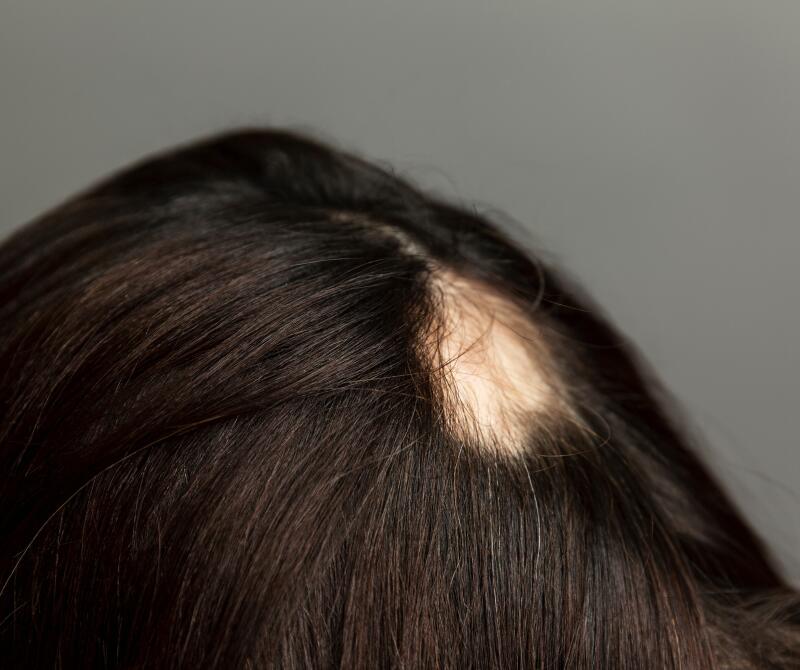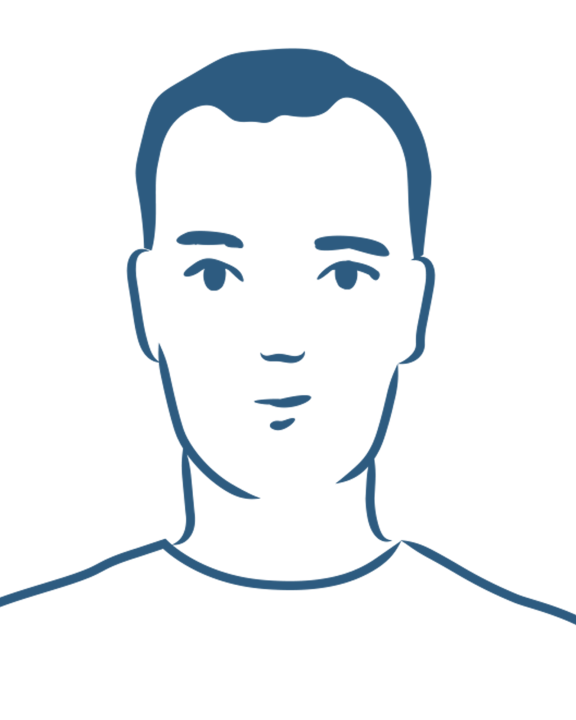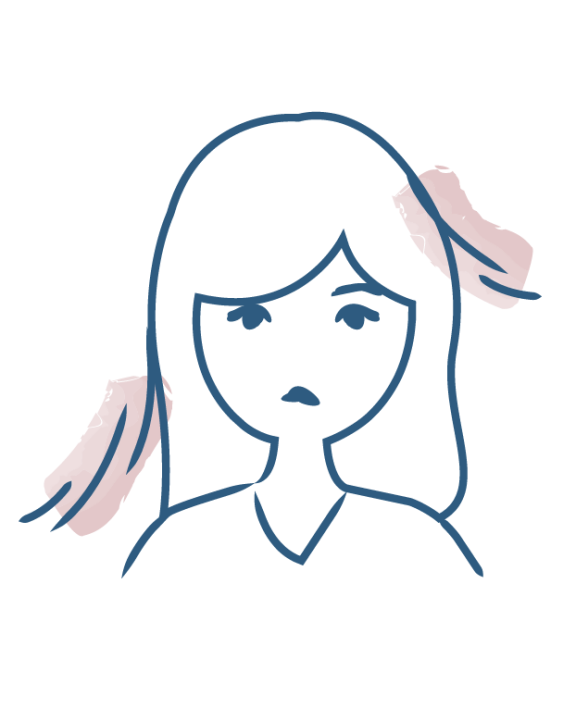-
Your concerns
Our articles to help you gain a better understanding
-
Our solutions
-
Ducray Dermatological laboratories
Our articles to help you gain a better understanding

Ringworm is an infection of the hair follicle of the scalp caused by microscopic fungi. It is very common, especially in children. In terms of hair, ringworm is responsible for localized alopecia, which disappears after appropriate treatment in most cases.
Ringworm is a very common scalp disease, especially in children and people with weakened immune systems. It can be very contagious.
In infected individuals, the fungi responsible for ringworm, dermatophytes, penetrate and proliferate in the hair follicle. The infected hair breaks and falls out. Like spot baldness, ringworm is one of the causes of hair loss in patches. Depending on the type of dermatophyte involved, ringworm manifests itself either as multiple small round patches 1 cm in diameter or as a single large patch. The patches of ringworm alopecia are round in shape, with well-defined contours, and are covered with small dead skin cells, like dandruff, called scales.
Hair ringworm causes itching that can impair quality of life.
The most severe form of hair ringworm causes the appearance of round, raised, highly inflammatory and painful patches several centimeters long. This is called kerion.
In men, ringworm is not only in the hair: it is sometimes located on the beard or mustache, but also on the hair of the chest, arms and legs. The risk of superinfection is high, leading to painful inflammatory reactions (folliculitis).
A sample of the fungus obtained by scratching the alopecia patch allows the doctor to identify the fungus involved.
It is often contagious and specific hygiene measures are necessary to prevent ringworm in the hair and to eliminate the fungi responsible:
Hair ringworm can be transmitted by a pet. In this case, it must also be treated to stop the spread of the fungus and avoid reinfection.
Permanent alopecia in the case of hair ringworm is exceptional. Alopecic scars are observed in some cases of kerion, the most severe form of hair ringworm.
In the majority of cases, after elimination of the fungus by an appropriate oral and/or cutaneous antifungal treatment, the hair will grow back completely within 3 to 6 months.
Loss of hair density

Reactional loss of hair volume
Are you experiencing loss of hair density?

Chronic loss of hair density
Are you losing your hair?

Reactional loss of hair volume
Are you losing your hair?

Reactional loss of hair volume
Like many young mothers, you are experiencing some discomfort following your pregnancy?

Chronic loss of hair density
Are you losing your hair?
NEWSLETTER
Dermatological expertise
To better understand your skin and hair, discover our exclusive content and innovative care products designed to improve your quality of life..